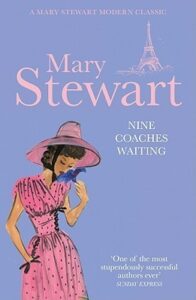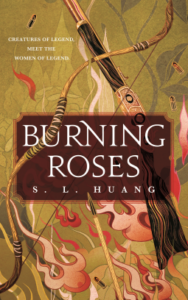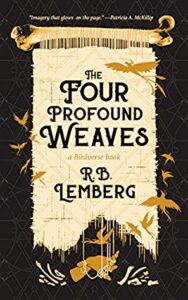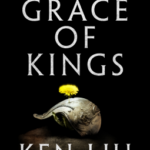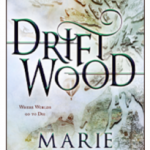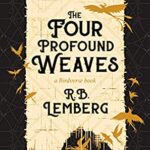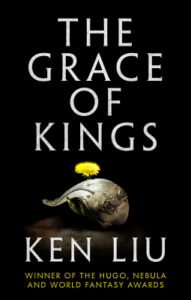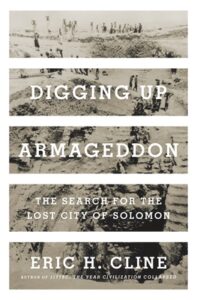 Digging Up Armageddon, Eric H. Cline
Digging Up Armageddon, Eric H. Cline
Digging Up Armageddon discusses the archaeology of a fascinating site: Megiddo, better known as Armageddon. Alas, despite wanting to know more about the archaeology and that area of the world, I struggled a bit with Digging Up Armageddon. Much of the book involves the exact composition of the digging team in the Oriental Institute Megiddo expedition, what they said and did and complained about. It’s all relevant — it affected the excavation, and shaped the entire approach to the dig… but it overshadows the actual archaeology in this volume, leaving me hard-pressed to talk about the archaeology!
As a result, it took me quite a long time to read it. It’s best approached as a history of that specific expedition and their legacy, with some discussion of how things have changed (how they misinterpreted or outright messed things up) — it’s definitely not about the archaeology alone, though you could in theory read each alternate chapter and focus more on the archaeological side. Still, things are so entwined that personally I wouldn’t recommend it, and I have no idea how you’d follow all the names and why they’re involved without reading it all. The disagreements were sometimes a bit byzantine.
In the end, I’m glad I read it, but it wasn’t so much the kind of non-fiction I really enjoy. If you’re looking for info on that particular expedition, it’d be a great resource.

